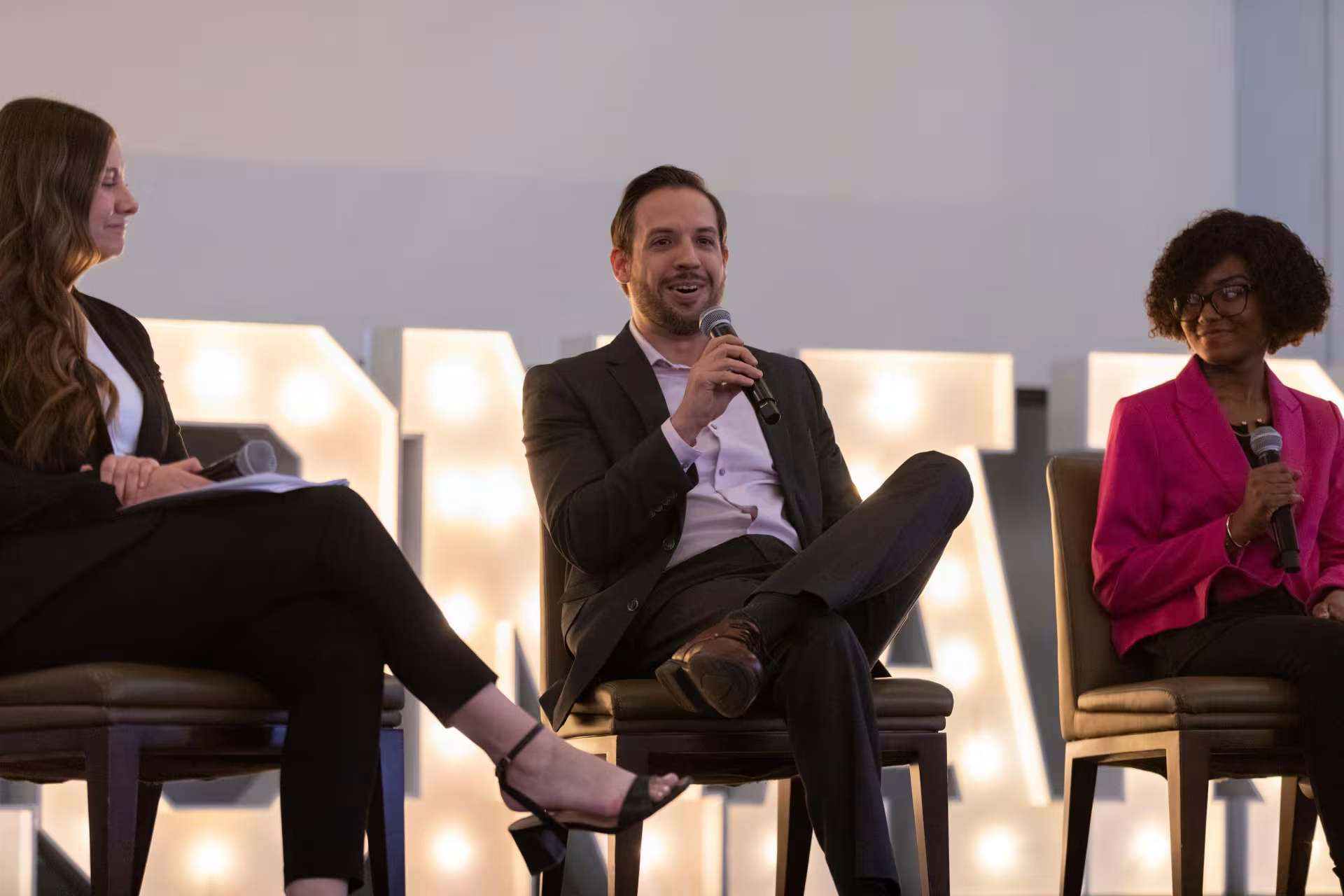Read time 3 minutes
Published on Jan 9, 2020
When you enroll in your doctoral program, you are probably not considering how to improve your reading comprehension. While you may already have some good reading strategies in place, consider the level of reading and the amount of reading required in a doctoral program. Additional responsibilities outside of academics like a job and family also keep you busy. It is important to know some effective reading comprehension strategies for adults.
1. Improve Vocabulary
As you get further into your doctoral program, you will find that the jargon and terminology used in academic research is complex. Scholarly material is often written with the assumption that the reader has expertise in the field and requires minimal background information.
Learning words in their proper context is one way to improve your reading comprehension as a doctoral learner. This requires reading texts that are challenging but still comprehensible. When you find words that you are unfamiliar with, you should read around them to see if you can understand the use of the word in its sentence. If you cannot, you might need to look up the meaning of the word or see if it is used in a more familiar context.
2. Critical Literacy
Critical literacy comes from a strong foundation of knowledge the ability to actively read, analyze and critique new information. Active reading is the crux of your dissertation, so you need to spend time in your doctoral program practicing these skills. To begin reading with critical literacy you should skim a text to get a thorough understanding of the topic.
Read the titles and headings, understand where the authors are coming from, read the summaries and conclusions and decide what big questions you expect the article to answer. While you keep those questions in mind, jot down the main concepts that you come across in the reading. If your main questions are not answered, that is something you can include in your critique of the article.
Unanswered questions may also help you to find additional research or to formulate your own hypotheses about the topic. When you are finished reading the article and reviewing the information, give yourself time to process the information. After this, write a summary of what you learned and what lingering questions you still have. Finally, read several more texts on the topic so that you can compare the way authors present the information.
3. Speed Reading
As a busy doctoral student, you do not have much time to spend reading articles, books and journals. You have your own research to conduct, as well as a personal life to maintain. That is why many doctoral students study the art of speed-reading.
Effective speed-reading requires awareness of how you read text. If you read each word one by one, as you may have been taught in grade school, then you are taking up too much time. Train yourself to let your eyes glide over the words in order to focus on the big ideas. In letting your eyes glide, you should be reading clusters of words rather than any single word. You will then begin to train yourself to skip over words in sentences that do not give vital information (articles and some prepositions). Finally, you will move up to skimming. When you skim through a text effectively, you can read it and your eyes will only pick up the most important information. Your brain does the rest by making connections between what your eyes see the meaning of the text.
At Grand Canyon University’s College of Doctoral Studies, you will have expert faculty and resources such as the Center for Innovation in Research and Teaching to support your success in the doctoral journey. If you are ready to take the next step in your career and contribute to the body of knowledge in your field, consider enrolling in one of our programs by visiting our website or clicking on the Request More Information button on this page.





